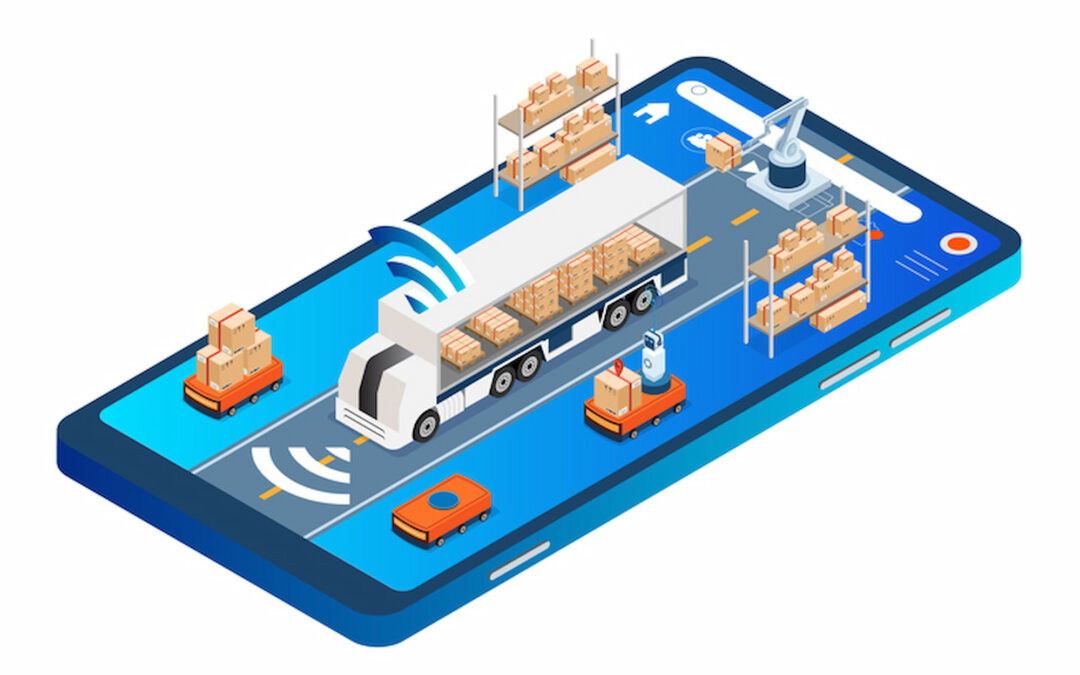A conversation that has been brought up frequently in the transportation industry is AI’s impact on trucking. AI or artificial intelligence is the ability of computers to perform cognitive functions we associate with human intelligence. As technological advancements have progressed, so has the capacity of numerous industries to use AI in their services. One of the industries that have increased the use of AI in the last decade has been transportation. Today, technology like self-driving trucks and robots that load carriers with freight has become more common. This article will look at AI’s effect on trucking now and its potential impact in the future.
What Is AI’s Impact on Trucking?
One of the most significant ways the trucking industry will benefit from AI is with more excellent safety. An example is self-driving trucks, designed to lessen the risk of driver error. AI tech, like built-in sensors, allows autonomous trucks to read traffic patterns and surroundings to avoid accidents. Less human drivers also mean fewer human mistakes that could be fatal. Another benefit is better efficiency for fuel, which is one of the most expensive things in the trucking industry. AI allows for fuel monitoring and reporting features that track the consumption of trucks. This can help lessen the spending on fuel and reduce costs by nearly 15%.
Along with fuel costs, other expenses in transportation are reduced since AI allows for better route optimization. The shorter time it takes for a shipment to be delivered means that maintenance cost per journey lessens. Route optimization also means more cargo can be moved at a certain period, increasing profit in the long run. AI evaluates real-time data to find the most efficient pathway for delivery. A side effect of route optimization and greater fuel efficiency is that AI can help lead to greater eco-friendliness. In 2021, heavy-duty trucks emitted approximately 417 million metric tons of carbon dioxide into the atmosphere in the U.S.
Are There Any Downsides to AI in Trucking?
Although there are numerous benefits of AI, there may also be drawbacks. The main downside is the potential job loss from self-driving machines replacing truck drivers. Although specific jobs may disappear, new jobs may appear since AI requires high maintenance and can have malfunctions. Errors in technology can also have an opposite effect from making the roads safer and dangerous to nearby drivers. As technology has advanced over the last few decades, so has the possibility of cyberattacks. AI increases the risk of cyberattacks, with hackers being able to steal sensitive customer information. Finally, despite the environmental benefits, AI equipment can consume a lot of energy.
While AI may become more common in the future trucking industry, it will be a while before shippers feel the impact. Cargo must still be moved domestically, and using a freight broker is an ideal way to get started. Brokers use a net of carriers to coordinate the transportation process for the shipper. To begin transporting your goods domestically in the U.S., Contact A1 Freight Solutions at 786-375-9420 or Info@a1fsinc.com. Along with FTL and LTL shipping, we provide other services like drayage, temperature-controlled, and heavy haul to meet your goals.

